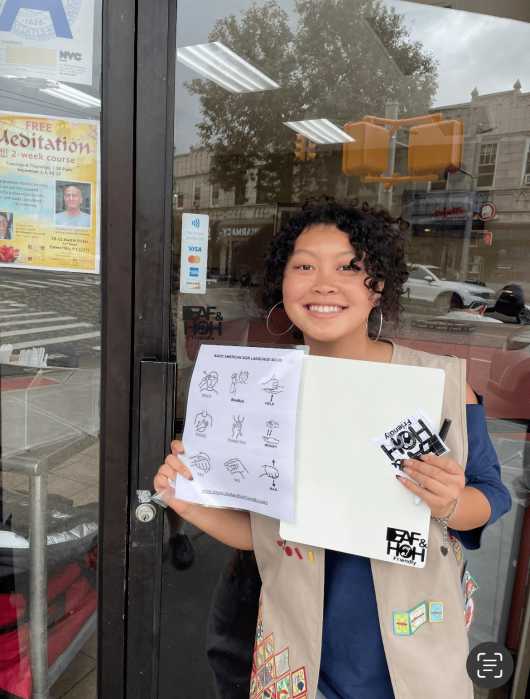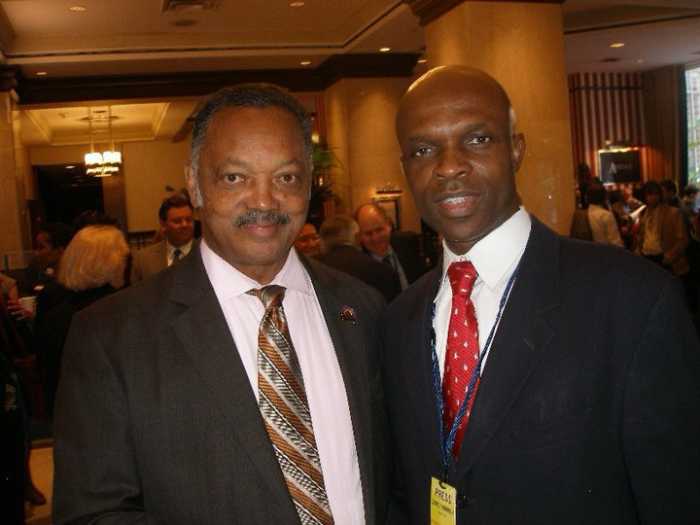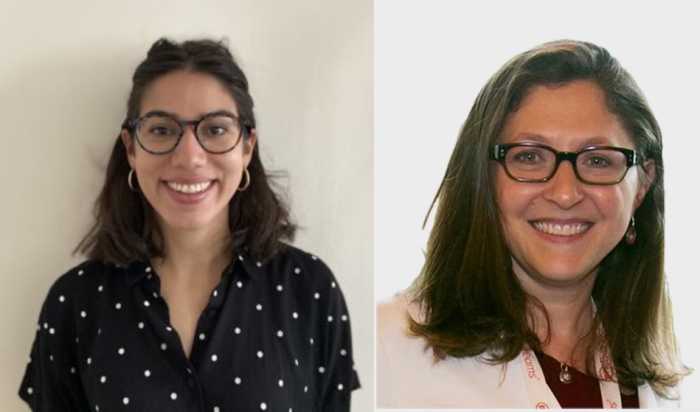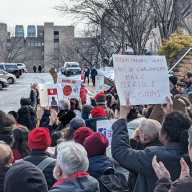BY JOHN FEAL
In slightly more than an hour 11 years ago nearly 3,000 lives were tragically cut far too short. More than 3,000 families were instantly redirected, mourning the loss of their loved ones while wondering how they would navigate their futures without them.
The reach of September 11 went well past the East and Hudson Rivers. The same terribly historic hour also propelled our nation’s armed forces into battle in two separate countries, causing the loss of thousands more of this country’s youth and future leaders.
During that same hour, thousands of firefighters, police officers, emergency medical technicians, correction officers and emergency personnel converged onto the World Trade Center site in order to save their fellow Americans, hoping their skills and training could save the life of even one person.
Soon after the Twin Towers collapsed, first responders realized that they would not save their peers, but that their skills would be needed in an entirely different mission: recovery. They would be joined in this mission during the hours, days, weeks and months following the attacks by tens of thousands of their brothers and sisters in the construction trades, communication industry and volunteers. The goal was not limited to the recovery of the personal effects of those lost, but the recovery of this country from one of its darkest moments. Over the next year the combined efforts of first responders enabled families to find closure in the burials of their loved ones by those who removed the debris from the World Trade Center site and provided these services with an unmatched dignity, professionalism and heroism.
Eleven years after the attack, thousands of first responders now suffer from physical impairments as a result of their work “on the pile” and the surrounding impact zone. Despite being assured by leaders in our nation’s capital that the air at the World Trade Center site was safe to breathe, we now know that this was wholly inaccurate. We now understand that the air at Ground Zero was actually filled with a toxic mixture, and that it could take years to reveal the deadly effects. Additionally, thousands of responders continue to suffer from the psychological impact of what they personally witnessed during their efforts on behalf of this nation. Unprepared for the gruesome war-like discoveries potentially lurking under any pile of debris, responders continue to visualize these horrific scenes daily. An hour 11 years ago is relived nearly 24 hours a day by many.
Today, the FealGood Foundation (FGF) aims to assist these first responders in any way we can, from financial assistance to placing them in the hands of competent legal counsel, from psychological support to assistance enrolling in medical treatment facilities. We have assisted in getting the Zadroga Bill passed so that responders have proper medical care and compensation for the injuries they have sustained.
But our work isn’t over. Virtually every day a new responder reaches out to the FGF for assistance of some kind. We have, in fact, gotten busier over the past two years. As long as any first responder needs assistance, the FGF will be there to help. The unfortunate reality is that the FGF was created out of that same fateful hour; we wish its existence had never been necessary but are proud to provide the services.
Little more than one hour is all it took to forever change the course of the lives of thousands and thousands of people. On this 11th anniversary we honor those lost and all those still profoundly affected.
John Feal is the founder of the FealGood Foundation.


































